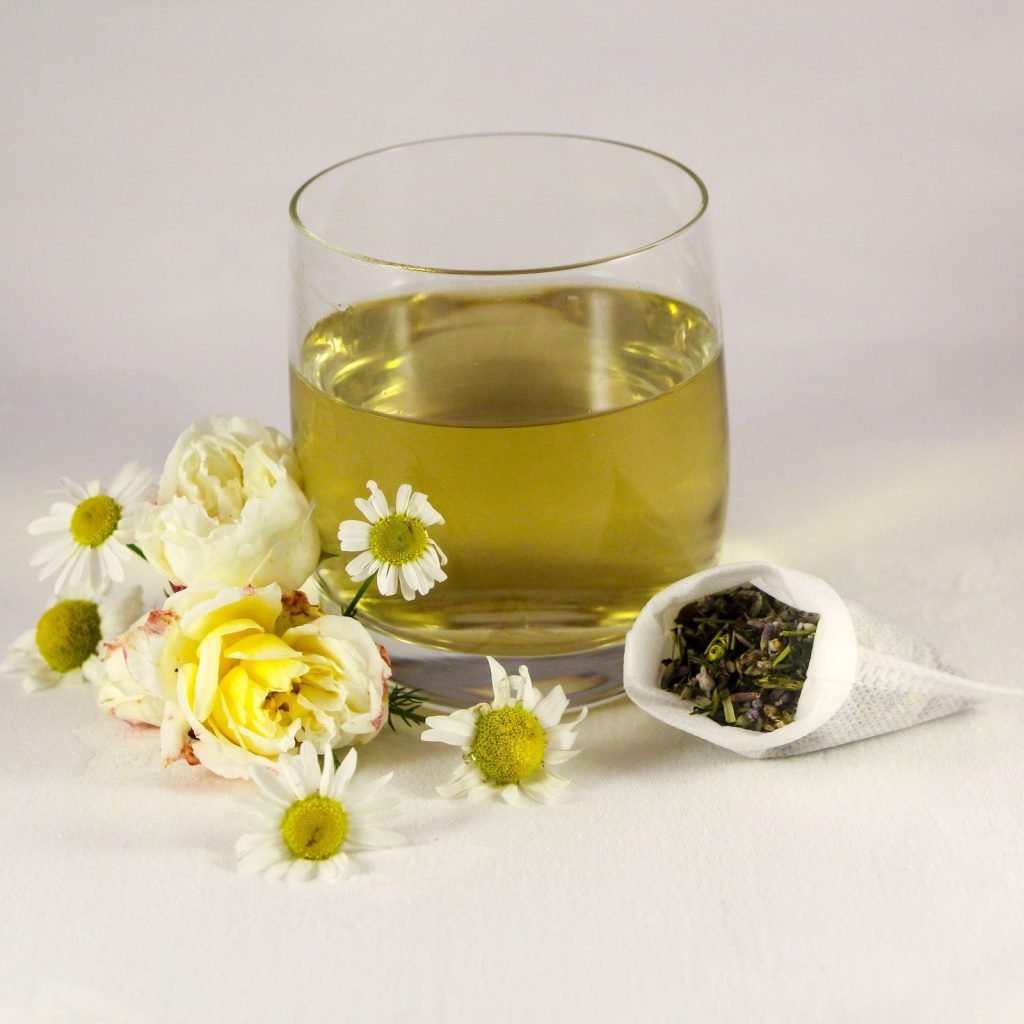Curd is a fermented by-product of milk that is abundant in nutrients but low in calories. Let’s look at the nutritional value of curd per 100g:
While curd is a low-calorie snack that has all of the essential nutrients our bodies require, it also has the added benefit of aiding digestion owing to its probiotics. Curd contains minerals such as salt and potassium in addition to carbs, fat, and protein. Here are the calories and nutrients in 100 grams of curd:
| Curd Nutrients | Nutritional Value |
| Protein | 3.5 Grams |
| Calories | 61 KCal |
| Fat | 3.3 Grams |
| Water | 81% |
| Carbohydrates | 4.7 Grams |
| Fiber | 0 Grams |
Protein
Aside from the calories, curd has significant protein content, ranging from 10 to 12 grams depending on the type of curd.
For our bodies to grow and develop, we need a protein-rich diet. Because of the inclusion of dry milk during curd processing, commercially sold curds can have a higher curd nutritional value per 100g having high protein level than homemade curd.
Depending on the solubility in water, whey or casein can be used. Curd has casein in the form of alpha-casein, which is 80% available of the protein. Because of this specific type of protein, your curd seems to be as white as milk. It helps in the absorption of minerals like phosphorus and calcium, which aids to lower blood pressure.
Carbohydrates
Lactose (milk sugar) and galactose are the most common simple sugars found in curd. Lactose is broken down by bacteria, which creates glucose and galactose, which is then converted to lactic acid, which gives curd and other fermented dairy products their sour taste and plays an important role in the nutritional value of curd per 100g.
Because curd has fewer carbs than milk, it is a great addition to a keto diet. Curd’s carbohydrate content is typically only 3% of its total calorific value, making it good diet food.
Water
Water makes up around 80% of this dairy product. This is why curd is commonly consumed during the summer when there is a high risk of dehydration. A drink of buttermilk or lassi can provide a quick burst of energy and hydration.
Minerals
The two key mineral groups that will benefit you from curd’s mineral composition are potassium and calcium. Curd, on the other hand, has a lower proportion of these two minerals than milk.
Potassium
Potassium belongs to one of the two major mineral groupings. Potassium in our bodies aids in the efficient functioning of the neurological system and the contraction of muscles. It also aids in the transfer of nutrients into cells as well as the removal of poisons from them.
Zinc
Zinc is a mineral that our bodies require. Our bodies are unable to produce zinc on their own. A minor amount of zinc can be found in curd. Zinc strengthens the immune system, facilitates DNA production, and promotes growth.
Phosphorus
Curd is high in phosphorus, which aids in biological activities such as cell growth, repair, and maintenance.
Riboflavin
Riboflavin is primarily source in curd. It aids in the energy production process by assisting in the breakdown of lipids, carbs, and protein. Riboflavin is a B vitamin that aids in general growth and health.
Lactic Acid
Lactic acid is another important component of curd. When you add the acidic ingredient to milk, two bacteria called lactobacillus bulgaricus and Streptococcus thermophilus break down the lipids and proteins. During the curdling process, lactose in milk is transformed into lactic acid, a more digestible form.
What are the Benefits of Curd?
- Curd proves beneficial in improving digestion.
- It aids in maintaining blood pressure and reducing hypertension.
- It is rich in calcium which is beneficial for bones.
- It is an excellent source for reducing weight.
- It helps in curing constipation.
- It is considered beneficial for building strong immunity.
Final Word
We truly hope that you got all the information regarding curd nutritional value per 100g. Curd has many benefits which prove beneficial for the body if consumed regularly. Personal Care N Heal also provides more information regarding health, fitness, mental health, cycling, food, etc., which you can read for the betterment of your life.



